
What Is CBG Oil?
If you’re looking for a comprehensive, natural solution to tackle inflammation and its debilitating effects, you’re in the right place. Welcome to the new era
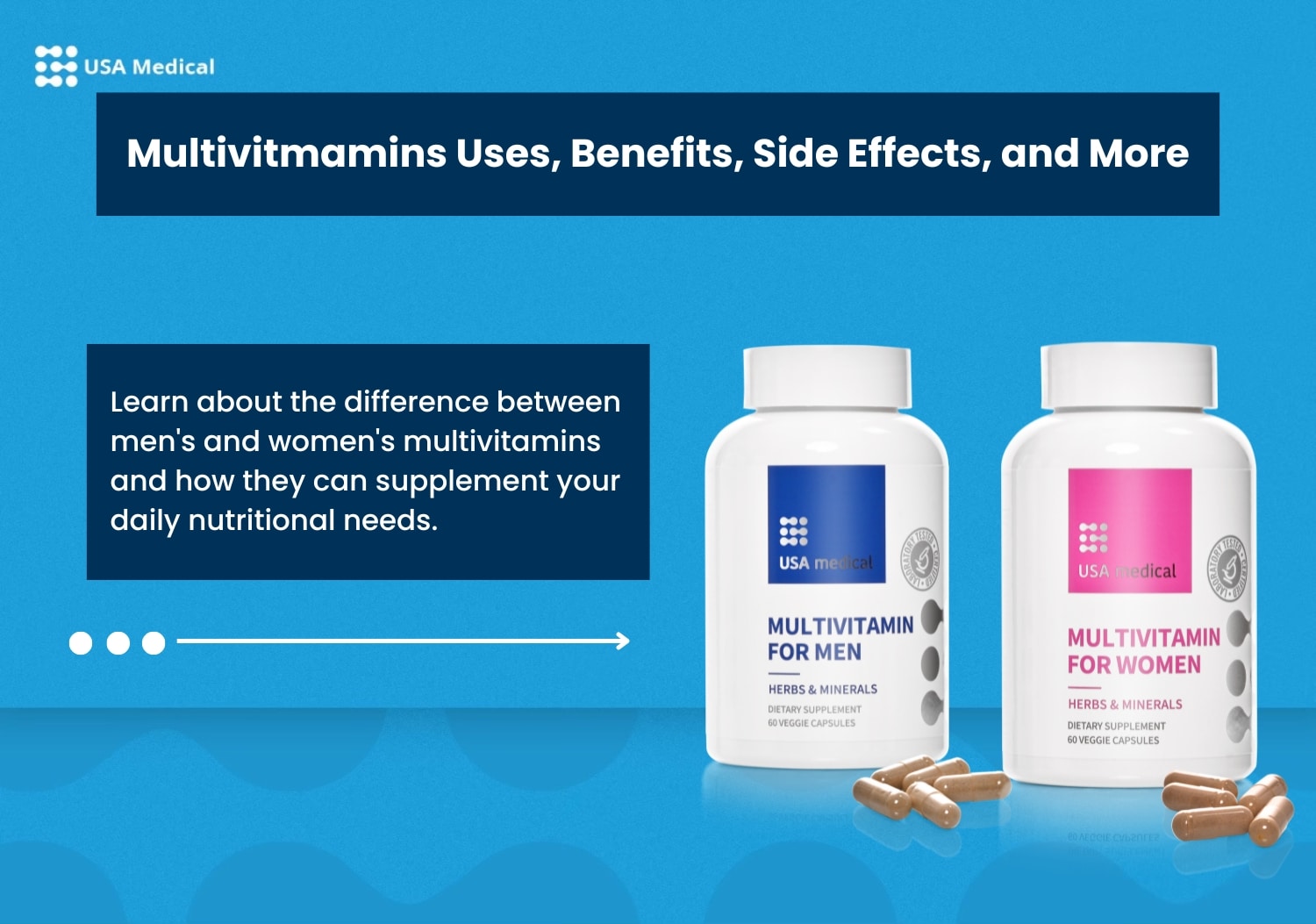
Multivitamins promote overall well-being and maintain good health by filling in nutritional gaps.
In a perfect world, we would get all the essential nutrients from the food we eat. But most modern diets often fall short of providing the full spectrum of vitamins and minerals required for optimal health.
This is where multivitamins step in. As a dietary supplement designed to fill in the gaps in our daily nutrition, multivitamins offer a convenient way to support our general health, boost immunity, and assist in various bodily functions.
Understanding that multivitamins are not a magic replacement for a balanced diet and healthy lifestyle is important. They are tools to help us meet our nutritional needs.
In this article, we will go over every aspect of taking a multivitamin supplement, the benefits, uses and differences between men’s and women’s multivitamins.
Men and women have different nutritional requirements, and it’s important that these needs are addressed appropriately. Men’s multivitamins typically contain higher quantities of certain nutrients that men require more of, like zinc and vitamin B12.
They may also include components that support the specific needs of men, such as prostate health.
On the other hand, women’s multivitamins often contain higher levels of iron to compensate for iron loss during menstruation. They also frequently include nutrients like folate, which is essential for women of childbearing age, and biotin, which supports skin and hair health.
Gender-specific multivitamins are designed to cater to the unique nutritional needs of men and women. These tailored formulas ensure that individuals receive the correct balance of nutrients to support their health and well-being regardless of gender.
Multivitamins often contain high levels of B vitamins such as B12, B6, and niacin. These play a crucial role in converting food into energy our body can use. Regular supplementation can help maintain energy levels and reduce feelings of fatigue.
Vitamins like C, D, and E and minerals like zinc and selenium are essential for a robust immune system. They aid in creating and functioning immune cells, protecting the body from illness and infections.
Calcium and Vitamin D are key to promoting strong bone health. While calcium is necessary for strong bones and teeth, Vitamin D helps the body absorb this calcium. A daily multivitamin can help ensure you get enough of these critical nutrients.
Multivitamins often contain heart-healthy nutrients such as CoQ10, magnesium, and omega-3 fatty acids. They support cardiovascular health by maintaining healthy blood pressure levels, reducing inflammation, and supporting the heart’s overall function.
Certain vitamins, including A, C, E, and the mineral zinc, support eye health. They play a role in maintaining the health of the eye’s retina and lens and can help slow down age-related macular degeneration.
Regular multivitamin intake can lead to:
These benefits can contribute to a better quality of life and enhanced well-being.
Though generally safe, multivitamins can cause side effects in some people. These can include:
Most cases of reported side effects are incredibly rare as multivitamins are tolerated very well by a majority of the population.
The recommended dosage of USA Medical multivitamins is two capsules per day.
There are multivitamins designed for different needs – for men, women, children, and seniors, with formulas tailored to their unique nutritional needs. Multivitamins can come in all sorts of shapes and sizes, but generally, there are three kinds:
Gummies: While these may taste the best, research shows that gummy multivitamins don’t do much for your overall health, as most nutrients are excreted through waste.
Tablets: Tablet multivitamins are very common, but the way they are created by using heat to press the tablet together eliminates the effectiveness of the multivitamin significantly.
Capsules: Capsules are the most effective way to take any kind of multivitamins due to the capsule’s high bioavailability and quick release.
When selecting a multivitamin, ensure whatever vitamins are in the bottle are strong and have a high amount. For example a vitamin containing only 8 grams of a main ingredient would not be good for you since your body would barely even process that 8 grams. Rather make sure that the vitamins you are taking contain potent and high amounts of what you are looking for specifically.
It is important to read the label before purchasing any multivitamin because they can vary so much – be sure to buy from a trusted brand that provides third-party lab tests that would look something like this: https://usamedical.com/en/wp-content/uploads/2023/01/Mens-Multi-Vitamin-COA-Lot-MMV220627-8-12-2022.pdf
Lab tests verify the potency and purity of the multivitamin and ensure that it doesn’t contain harmful contaminants. You can be confident in a tested product’s quality and safety if they provide outside lab testing results.
Multivitamins provide a convenient way to meet daily nutritional requirements. They can enhance energy levels, boost the immune system, support heart and eye health, and potentially offer many other health benefits.
They’re an excellent supplement to a healthy diet, especially for those who have specific nutritional needs or deficiencies.
If you lack essential daily nutrients and vitamins, you should try multivitamins right now!

In stock | Free shipping

In stock | Free shipping
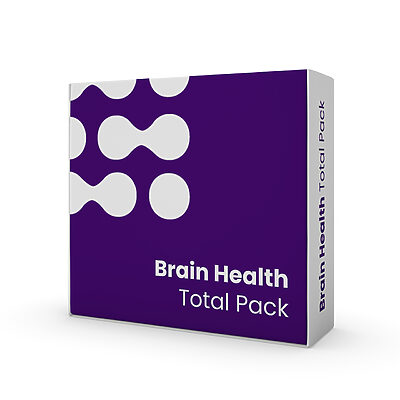
In stock | Free shipping

In stock | Free shipping
These statements have not been evaluated by the Food and Drug Administration. These products/services are not intended to diagnose, treat, cure, or prevent any disease.

If you’re looking for a comprehensive, natural solution to tackle inflammation and its debilitating effects, you’re in the right place. Welcome to the new era

The Invisible Enemy Within You wake up feeling groggy, your joints ache, and that old neck pain seems to have returned. No, it’s not just

CBG oil has been creating waves in the health and wellness industry, and for good reasons. But with any health trend, it’s crucial to separate
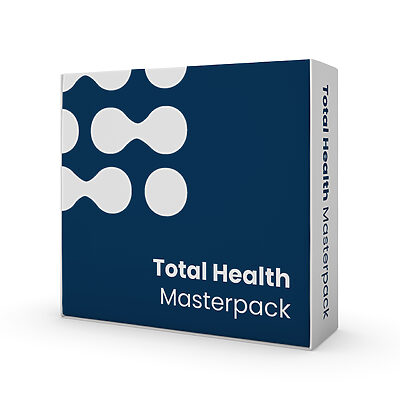
In stock | Free shipping
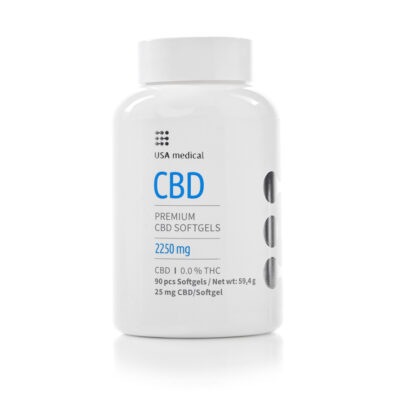
In stock | Free shipping

In stock | Free shipping
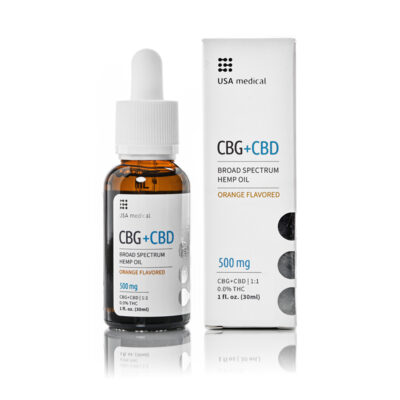
In stock | Free shipping

In stock | Free shipping

In stock | Free shipping
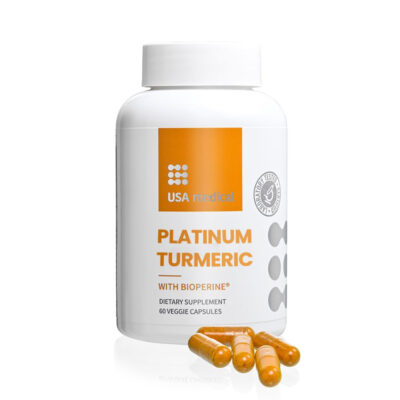
In stock | Free shipping

FREE SHIPPING & DELIVERY INSURANCE
Enjoy free ground shipping and free delivery insurance on all orders! Spend $150+ to unlock free 2-Day Air shipping.

24/7 EXPERT SUPPORT
Text (323) 352-9131 anytime for help from one of our USA Medical experts. We’re here for you!

Get your first-time coupon!
This coupon has no restrictions on your first purchase, you can use it for anything at USA Medical!

Join the USA Medical Family!
Get access to exclusive offers and free giveaways in our private Facebook group.
These statements have not been evaluated by the Food and Drug Administration. USA Medical products are not intended to diagnose, treat, cure, or prevent any diseases. Individual results may vary.
This site is protected by reCAPTCHA and the Google Privacy Policy & Terms of Service apply.
© USA Medical, 2025. All rights reserved.

In stock | Free shipping

In stock | Free shipping

In stock | Free shipping

In stock | Free shipping

In stock | Free shipping

In stock | Free shipping

In stock | Free shipping

In stock | Free shipping